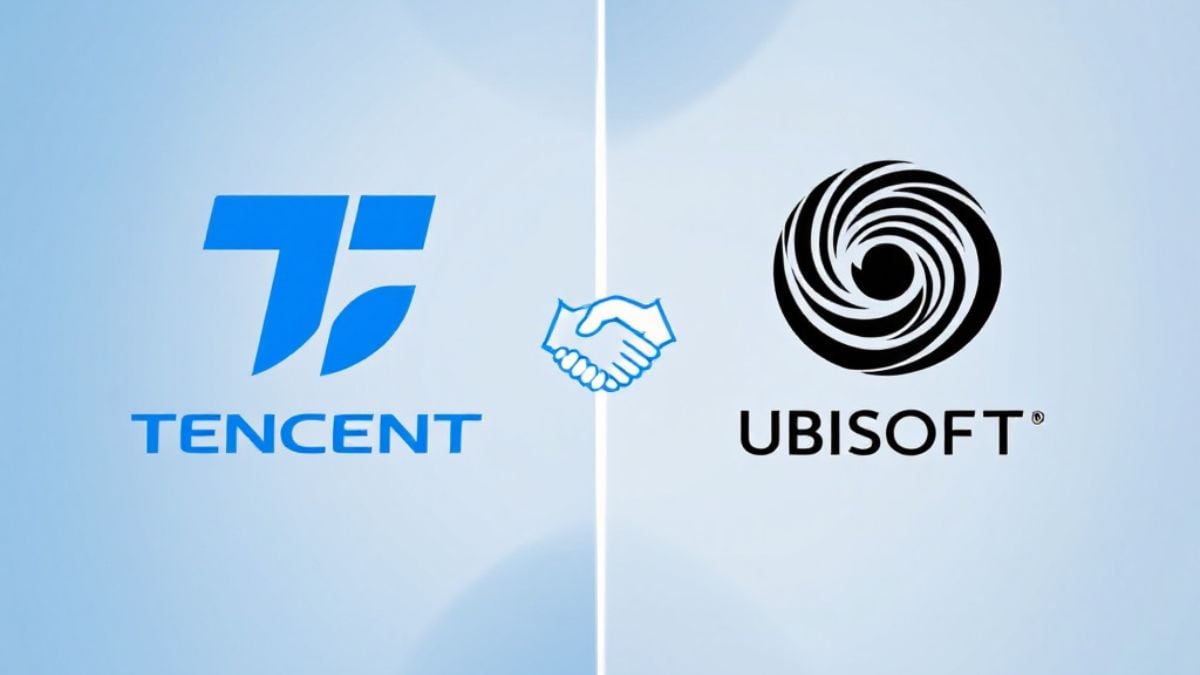Ubisoft can’t seem to catch a break, as the French developer might be facing a class action lawsuit for allegedly sharing user data with Meta. First reported by Bloomberg, the new lawsuit claims that Ubisoft is sharing Personally Identifiable Information (PII) with Meta.
More specifically, when a user goes to the Ubisoft website or the store to either buy a game or to subscribe to the Ubisoft+ service, their PII is then forwarded to Meta through the Pixel user tracking software.
Defendant does not disclose on the website that PII users’ personally identifying information would be captured by the Meta Platforms, Inc. tracking Pixel utilized by the defendant, and then transferred to Meta, thereby exposing the subscribers’ PII to any person of ordinary technical skill who received that data.
The complaint points out that if this information was provided at the time of subscription or purchase of a product, it would be an important consideration for the person engaging in the transaction. Doing this without disclosure is a violation of the Video Privacy Protection Act of 1988 which was set in place to limit rental stores from sharing the PII of its customers. This is a problem because it can easily be used to find out who the buyer specifically is.
But in today’s age, this has essentially become a necessity, so in 2013 the original act was amended to allow companies to share user data with social media networks but only after the user explicitly gives their consent. But Ubisoft does not show buyers that this is happening.
Defendant purposefully implemented and utilized the Pixel, which tracks user activity on the Website and discloses that information to Facebook to gather valuable marketing data.
The case isn’t certified at the time of writing but the plaintiffs want a trial by jury and will demand financial compensation for everyone who had their data stolen.
Ubisoft is already in dire straits after the massive flop that was Star Wars Outlaws, which resulted in the lowest share price the company has had in the last decade. This resulted in Assassin’s Creed Shadows getting delayed to February 2025, where it will compete with titles like Monster Hunter Wilds, Kingdom Come Deliverance 2, and Avowed where it is likely going to struggle.








